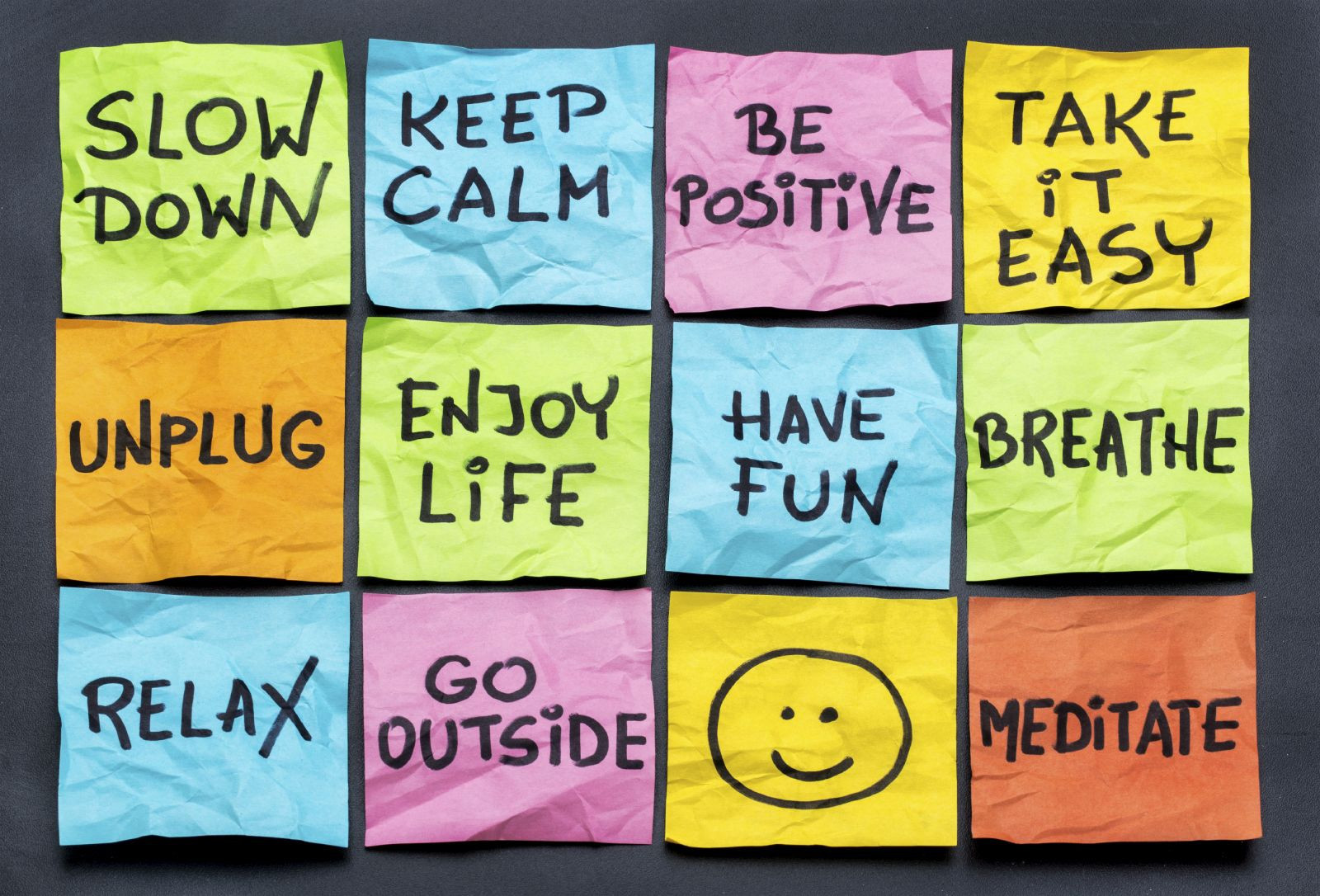Sudden stress can disrupt your focus, mood, and daily routine. You feel the tension in your body, and your thoughts shift quickly. You regain control when you use simple actions that calm your mind. Many readers trust guidance from The Wake Down to manage stressful moments with clarity. The steps below help you stay steady when stress appears without warning.
Understand What Sudden Stress Looks Like
Sudden stress often shows up through fast changes in your breathing, tension in your shoulders, or difficulty thinking clearly. You may feel pressure around your chest. You may speak faster or lose focus. Understanding these signs helps you act early. You reduce the impact when you address stress before it grows stronger.
Take Slow and Steady Breaths
Your breath controls your stress response. Take a slow inhale through your nose. Hold for a moment. Exhale gently. Repeat this a few times. Slow breathing activates your sense of calm. You feel more grounded. You regain control in less than a minute.
Pause Before You React
A quick pause protects your clarity. Step away from the moment for a few seconds. You allow your thoughts to settle. You prevent emotional reactions that you may regret later. This pause creates space for better choices.
Shift Your Focus to One Simple Task
Sudden stress often overwhelms your mind. You reduce confusion when you focus on one small task. You can drink water, fold a cloth, or organize a nearby object. These small actions give your mind direction. You slow down racing thoughts.
Relax Your Shoulders and Jaw
Your body stores tension in specific areas. Relaxing your shoulders and jaw helps your body release stress quickly. Stretch your neck. Take a slow breath. This simple step improves your physical comfort and helps your mind reset.
Identify What Triggered the Stress
Spend a moment identifying the source of your stress. You may feel pressure from noise, conflict, deadlines, or sudden changes. Naming the trigger helps you understand your emotional response. You learn how to manage similar moments in the future.
Drink Water to Reset Your System
A slow sip of water interrupts your stress cycle. Your mind shifts its focus. Your body relaxes slightly. This simple action creates a small break that supports emotional balance.
Use Short Grounding Techniques
Grounding techniques stop your thoughts from spinning. You can look at five objects around you. You can touch a surface. You can listen to a steady sound. These actions anchor your focus in the present moment. They help you regain stability. Ebusiness Tycoon often highlights the value of grounding during stressful moments in daily life.
Step Into a Quiet Space
If possible, move to a quieter area. Silence reduces noise overload. Your thoughts settle when your surroundings stay calm. This step supports fast emotional recovery.
Stretch Your Body for a Minute
Stretching improves blood flow. It reduces tightness in your muscles. You feel more relaxed after small movements. Stretch your arms, rotate your neck, or bend gently. This helps you counter the physical impact of sudden stress.
Use Positive Self Instructions
Short and clear reminders help you calm your thoughts. You can tell yourself that you can handle the moment. You can remind yourself that the feeling will pass. These simple instructions support emotional strength.
Lower Your Exposure to Digital Noise
Sudden stress increases when your phone keeps buzzing. Reduce notifications during high pressure moments. Keep your phone face down. Give your mind a short break from digital input.
Talk to Someone You Trust
A quick conversation can help you release tension. Share what you feel. You gain a different view. You feel supported. This short exchange often reduces your stress level.
Organize a Small Area
Cleaning or organizing a small space creates order. It gives your mind something simple and productive to focus on. You redirect your energy into a clear action. This step helps you regain emotional control.
Write Down What You Feel
A short note helps you see your thoughts more clearly. You do not need long paragraphs. A few words help your mind slow down. Writing gives you distance from your stress. You understand the situation better.
Walk for a Few Minutes
Walking helps your body release built up stress. You focus on your steps. Your breathing slows down. Even a short walk can stabilize your mood.
Use Soft Lighting at Home
Bright or harsh lighting increases tension. Soft lighting creates a calmer atmosphere. You feel more relaxed. This simple change supports emotional balance when stress appears suddenly.
Review Your Stress Response at Night
End your day with a short review. Think about what caused your stress and what helped you manage it. This reflection builds awareness. It prepares you for future stressful moments. The Magazine Times often shares practical routines that support daily emotional stability.
Choose Healthier Coping Methods
Avoid actions that increase stress, such as quick decisions or arguments. Choose calm responses. Use the steps that support your emotional well being. You reduce long term stress by making thoughtful choices.
Final Thoughts
Sudden stress affects everyone, but you can control your response with simple, steady habits. You use clear actions. You stay aware of your triggers. You practice breathing, grounding, and reflection. These steps help you stay centered in your home and daily routine.

